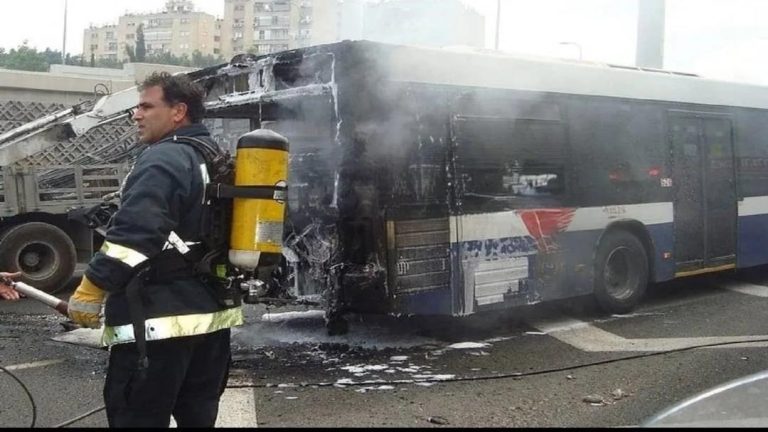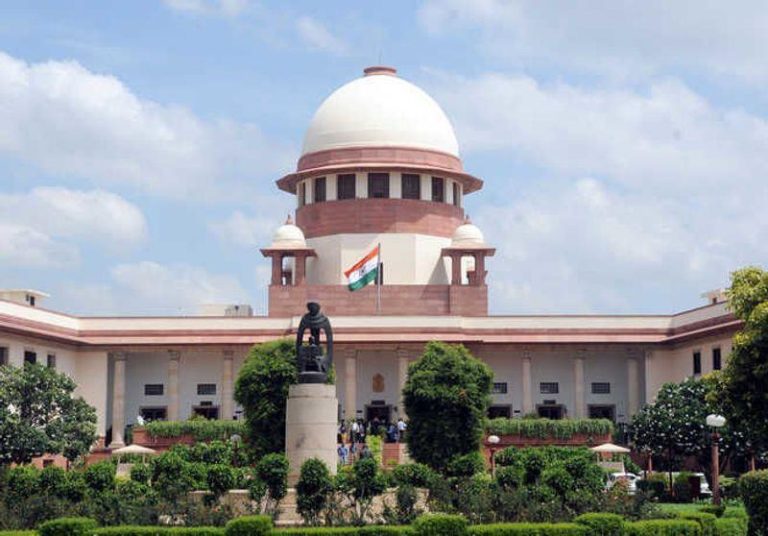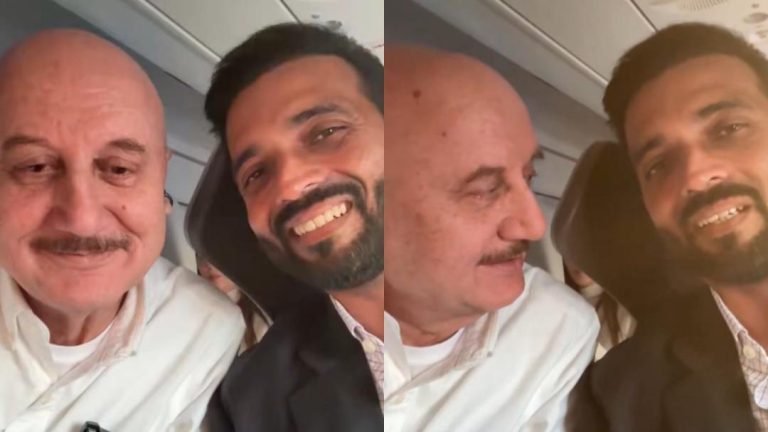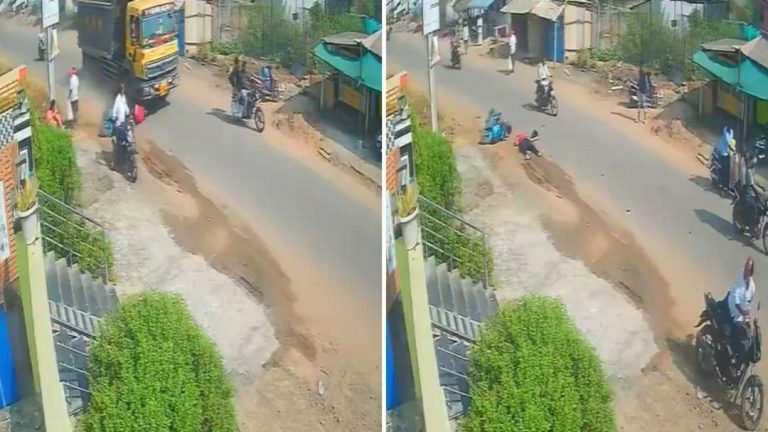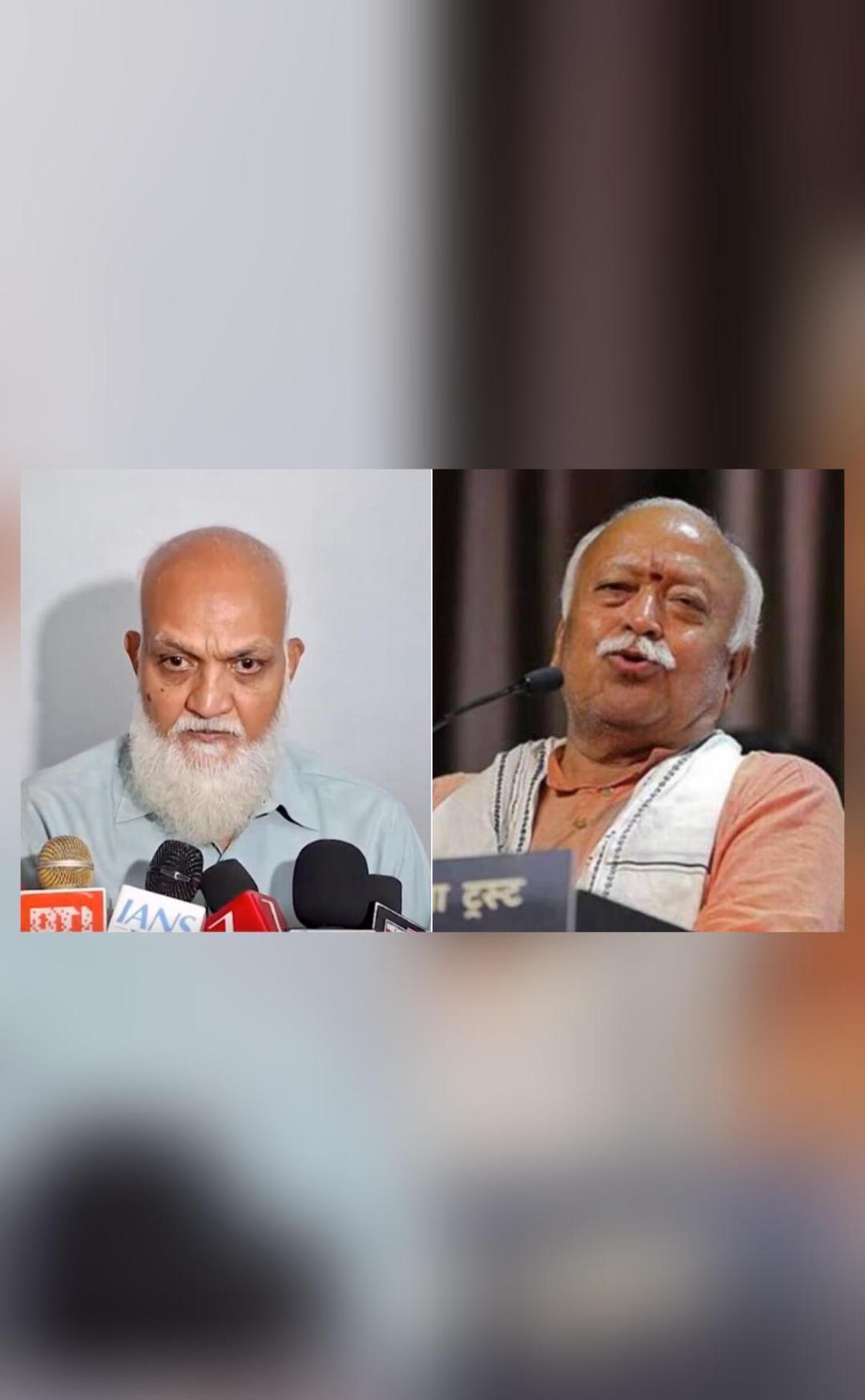
Court Rejects Ex-ATS Officer’s Claim on Bhagwat’s Arrest in Malegaon Case
In a significant development in the 2008 Malegaon blast case, a special court has rejected the claims made by Maharashtra’s former Anti-Terrorism Squad (ATS) officer Mehboob Mujawar that he was ordered to arrest Mohan Bhagwat, the current Chief of Rashtriya Swayamsevak Sangh (RSS), in connection with the blast case. The court’s decision came after considering the arguments made by the lawyer of accused Sudhakar Dwivedi, who relied heavily on Mujawar’s claims.
The Malegaon blast case, which took place on September 29, 2008, was a devastating terrorist attack that claimed the lives of six people and injured over 100 others. The blast occurred at a crowded market in Malegaon, a town in Nashik district of Maharashtra. The investigation into the blast led to the arrest of several individuals, including Sudhakar Dwivedi, who is currently facing trial.
Mujawar, who was the then-ATS officer, had made sensational claims in 2020 that he was ordered by a senior officer to arrest Bhagwat, who was then the General Secretary of RSS, in connection with the blast case. Mujawar’s claims sparked a huge controversy, with many questioning the timing and credibility of his allegations.
However, the special court, which is trying Dwivedi and others for their alleged involvement in the blast, has rejected Mujawar’s claims as baseless. In its recent order, the court clarified that Mujawar was only asked to find two absconding accused in the case and not to arrest Bhagwat.
The court’s decision is a significant setback for Dwivedi’s lawyer, who had relied heavily on Mujawar’s claims to argue that Bhagwat was involved in the blast. The lawyer had argued that Mujawar’s testimony was crucial to prove that Bhagwat was aware of the plot and had instructed Dwivedi to carry out the attack.
However, the court rejected these arguments, stating that there was no merit in Mujawar’s claims. The court also observed that Mujawar’s testimony was unreliable and had been discredited by other evidence in the case.
The court’s decision is a major relief for Bhagwat and the RSS, which had been embroiled in controversy over the allegations made by Mujawar. The RSS had denied any involvement in the blast, and Bhagwat had also rejected the allegations, describing them as “baseless and motivated”.
The Malegaon blast case is one of the most high-profile terrorism cases in India, and the court’s decision is a significant step forward in bringing the perpetrators to justice. The case has been ongoing for over a decade, with several accused being arrested and charged with various offenses.
In its order, the court also observed that the prosecution had presented sufficient evidence to prove the guilt of Dwivedi and others, and that the defence’s arguments were not tenable. The court has now fixed the date for the hearing of the case, which is expected to proceed soon.
The case highlights the complexities and challenges involved in investigating and prosecuting terrorism cases, which often involve complex web of allegations and counter-allegations. The court’s decision also underscores the importance of ensuring that the prosecution’s case is based on reliable evidence and that the defence is given a fair opportunity to present its arguments.
In conclusion, the special court’s rejection of Mujawar’s claims is a significant development in the Malegaon blast case, which has been ongoing for over a decade. The court’s decision is a major relief for Bhagwat and the RSS, which had been embroiled in controversy over the allegations made by Mujawar. The case is a reminder of the importance of ensuring that the prosecution’s case is based on reliable evidence and that the defence is given a fair opportunity to present its arguments.
Source: https://repository.inshorts.com/articles/en/PTI/7927462e-3b70-4585-8037-8d1315aa417e

